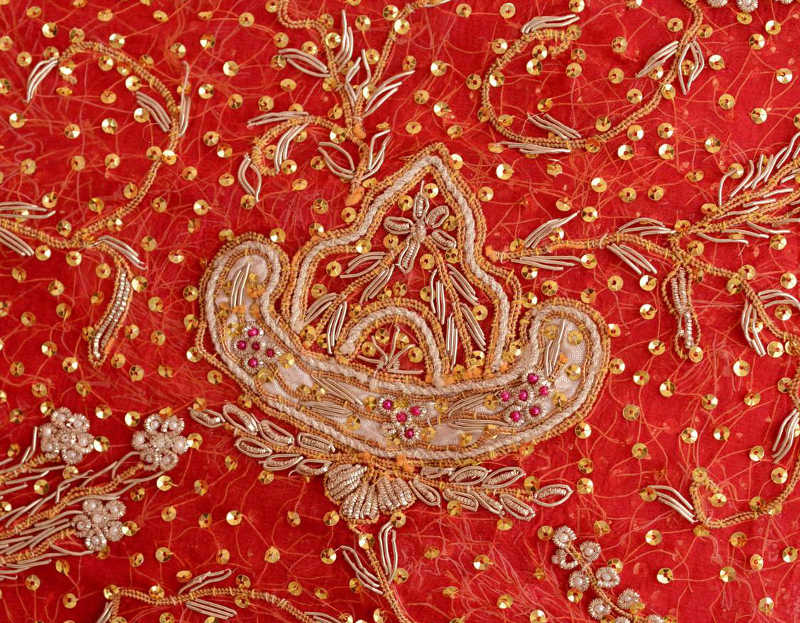===
0388,
7
===

=== |
 |
āshnāʾī : 'Acquaintance, friendship, intimacy, familiarity; connection, relationship'. (Platts p.58)
āshnā : 'A friend, companion, comrade, acquaintance; swimming, floating; a swimmer'. (Steingass p.66)
rāst ānā : ' 'To come right,' to be set to rights, to be healed or cured; to regain (one's) temper; to agree (with); to prove effective'. (Platts p.581)
kishtī : 'A ship, vessel, bark, boat, ark, canoe, skiff; a tray; a beggar's plate or pot (so called from its boat-like shape)'. (Platts p.836)
FWP:
SETS == WORDPLAY
MOTIFS
NAMES
TERMS == METAPHOR; THEME; WORDPLAYSRF's final paragraph is a kind of manifesto. Of course, 'Eastern poetics' [mashriqī shiʿriyāt] is an impossibly generalized category (does it include all the various Chinese, Japanese, Central Asian, Vedic, modern Indic, etc., forms of poetics?). It is as useless as 'Oriental philosophy' or 'Asian cuisine'. But SRF would be the first to acknowledge that he means it only as a kind of shorthand for Indo-Persian-Arabic poetics, which are 'Eastern' as opposed to 'Western'; there are problems here too of course, but not of such an order as to make the term entirely useless.
In the ghazal world, SRF reminds us, theme and wordplay are foundational. Theme is founded on metaphor, and metaphor is founded on experience. And as SRF has often observed, wordplay is also in some sense 'meaning-play'. In these few sentences we have the heart of SRF's poetics. Although I don't always agree with his treatment of specific verses, I heartily share these fundamental principles, and am very much his shagird in matters of poetics.
Note for grammar fans: It does seem that kyūñ-kih is here being used to mean merely kyūñ -- perhaps with a little extra flourish or emphasis added.